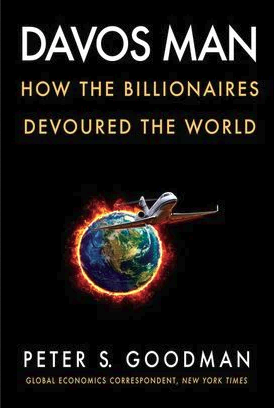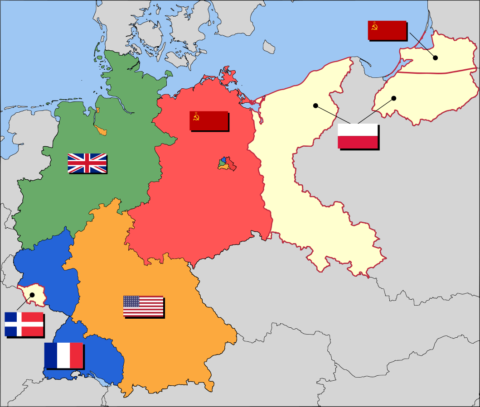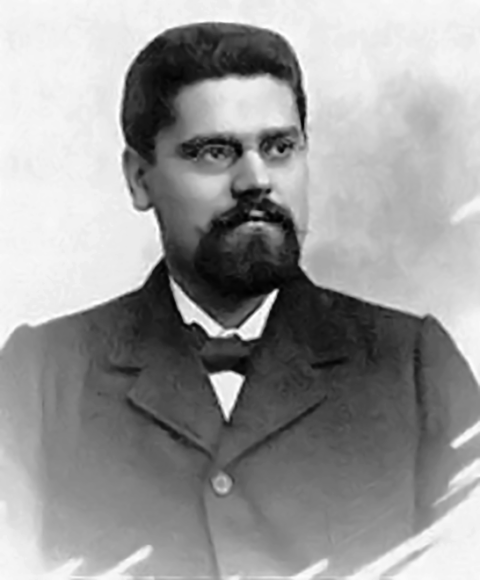Conrad Black on the early days of the World Economic Forum’s annual Davos gatherings:
… if any place could be identified as the birthplace of the Great Reset, it must be the small, drab, German-Swiss Alpine town of Davos, a center of contemporary anticapitalism, or at least radically altered and almost deracinated capitalism, and site of an ever-expanding international conference. (It grew exponentially and has spawned regional versions.)
I attended there for many years by invitation in order to ascertain what my analogues in the media business around the world were doing. The hotels are spartan and the town is very inaccessible. When I first attended nearly forty years ago, the Davos founder, the earnest and amiable Klaus Schwab, had ingeniously roped in a number of contemporary heads of government and captains of industry and leaders in some other fields and had sold huge numbers of admissions to well-to-do courtiers and groupies from all over the world, attracted by the merits of “networking”.
Davos, and its regional outgrowths across the world, gradually came to express a collective opinion of the virtues of universal supranationalism (the Davos variety of globalism): social democracy; environmental alarmism; the desirability of having a nonpolitical international bureaucracy; a public sector-reflected image of the Davos hierarchy itself (and in fact, in many cases, preferably the very same individuals); and gently enforcing a soft Orwellian conformity on everybody. It must be said that many of the sessions were interesting, and it was a unique experience being amid so many people capable in their fields, and this certainly includes almost all of those who were revenue-producing, “networking” spectators and not really participants.
Davos is for democracy, as long as everyone votes for increased public sector authority in pursuit of green egalitarianism and the homogenization of all peoples in a conformist world. It was the unfolding default page of the European view: capitalism was to be overborne by economic redistribution; all concepts of public policy were to be divorced from any sense of nationality, history, spirituality, or spontaneity and redirected to defined goals of imposed uniformity under the escutcheon of ecological survival and the reduction of abrasive distinctions between groups of people—such obsolescent concepts as nationality or sectarianism. (My hotel concierge stared at me as if I had two heads when I inquired where the nearest Roman Catholic Church was and was even more astonished when I trod two miles through the snow there and back to receive its moral succour; the parishioners appeared a sturdy group.)
The Covid-19 pandemic caused Davos Man to break out of his Alpine closet and reveal the secret but suspected plan: the whole world is to become a giant Davos — humorless, style-less, unspontaneous, unrelievedly materialistic, as long as the accumulation and application of capital is directed by the little Alpine gnomes of Davos and their underlings and disciples. This is a slight overstatement, and Klaus Schwab would earnestly dispute that the purpose of Davos is so comprehensive, anesthetizing, and uniform. His dissent would be sincere, but unjustified: the Great Reset, a Davos expression, is massively ambitious and is largely based on the seizure and hijacking of recognizable capitalism, in fact and in theory.
There has indeed in the last thirty years been a war on capitalism conducted from the commanding heights of the academy and very broadly assisted by the Western media that has been gathering strength as part of the great comeback of the Left following their bone-crushing defeat in the Cold War. As international communism collapsed and the Soviet Union disintegrated, it was difficult to imagine that the Left could mount any sort of comeback anytime soon. We underestimated both the Left’s imperishability and its gift for improvisation, a talent that their many decades of predictable and robotic repetitiveness entirely concealed.















